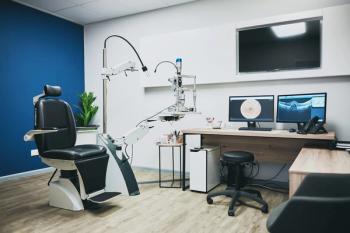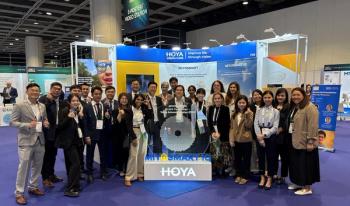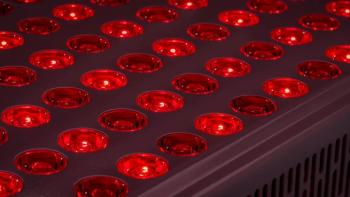
AZ, NE, TN see legislative changes
Three states-Arizona, Nebraska, and Tennessee-recently experienced changes in their scope-of-practice legislation.
Three states-Arizona, Nebraska, and Tennessee-recently experienced changes in their scope-of-practice legislation.
This bill, introduced in January 2013 by nonpartisan state senator Sara Howard, was opposed by
“It’s so disappointing to see Nebraska lawmakers actually considering to legislate a new type of eye surgeon, one that doesn’t have to go through medical school or residency but rather to the state legislature instead,” said Jim Martin, chairman of the 60 Plus Association, in a statement.
• Needle drainage of an eyelid abscess, hematoma, bulla, and seroma
• Excision of a single epidermal lesion without characteristics of malignancy, no larger than 5 mm in size and no deeper than the dermal layer of the skin
• Incision and curettage of a nonrecurrent chalazion
• Simple repair of an eyelid laceration no larger than 2.5 cm and no deeper than the orbicularis muscle and not involving the eyelid margin or lacrimal drainage structures
• Removal of foreign bodies in the eyelid not involving lid margin or lacrimal drainage structures and extending no deeper than the orbicularis muscle.
ODs who perform these procedures must have current CPR certification (or a person present with current CPR certification) and maintain an automated external defibrillator (AED) in their offices.ODT
Newsletter
Want more insights like this? Subscribe to Optometry Times and get clinical pearls and practice tips delivered straight to your inbox.





























